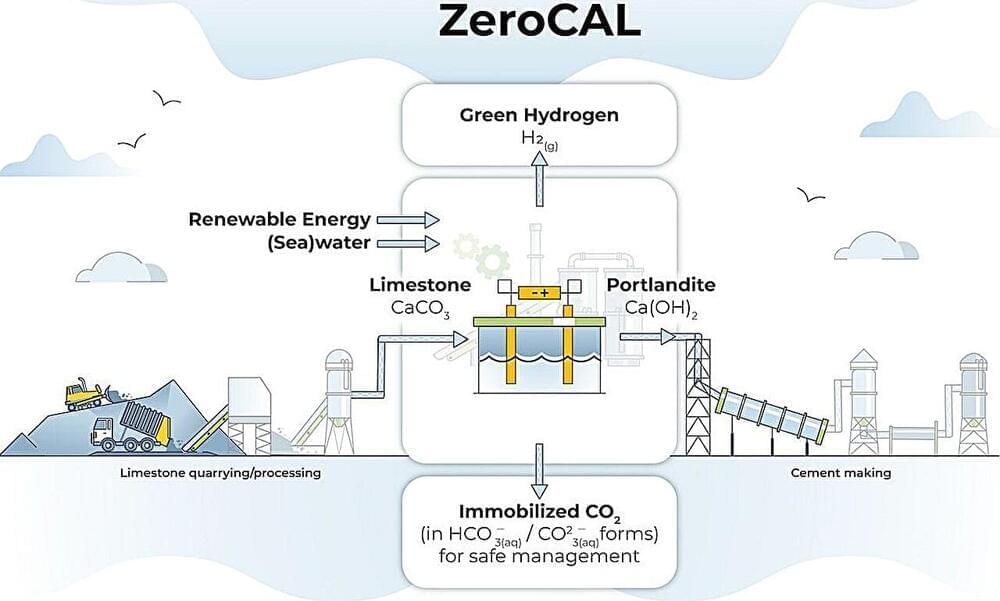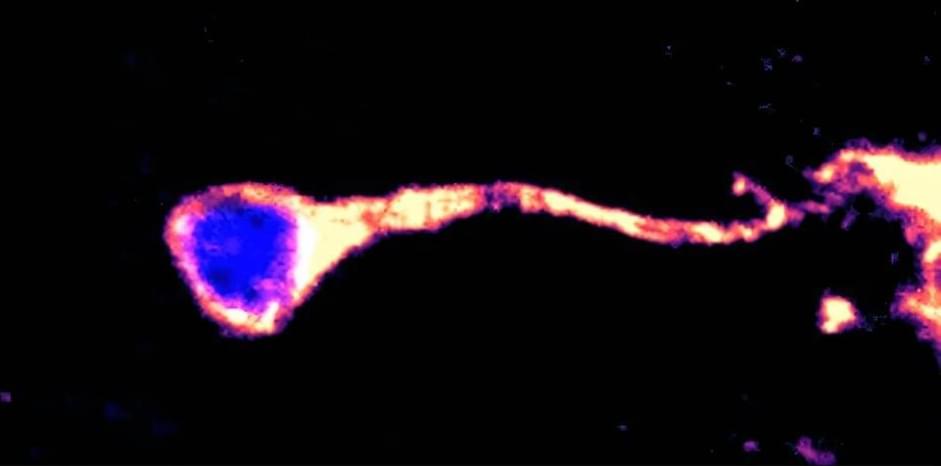Researchers from UCLA’s Institute for Carbon Management have developed a method that could eliminate nearly all of of the carbon dioxide emitted during the process of cement production, which accounts for about 8% of global atmospheric CO2 emissions.
In a new study published in ACS Sustainable Chemistry & Engineering, the researchers describe how the new approach could be easily incorporated into existing cement-production processes, providing a more affordable alternative to existing solutions to decarbonize the industry.







